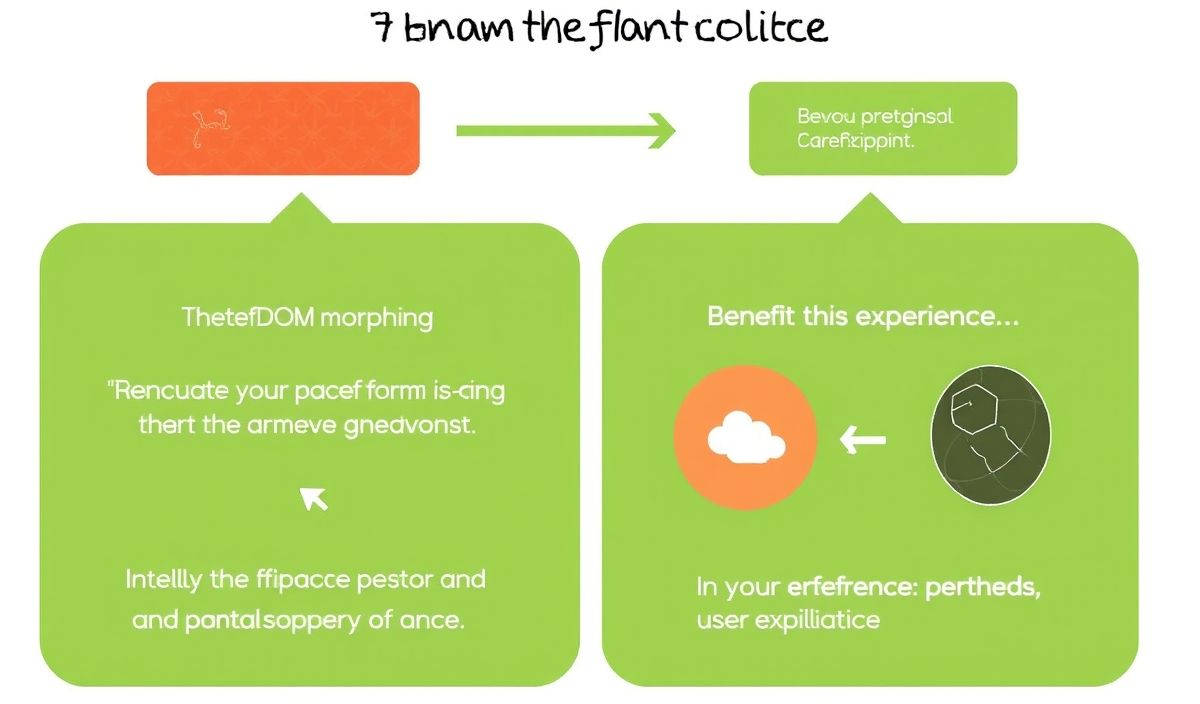JetLogger: An Advanced Logging Library for Node.js Applications
JetLogger is a robust and flexible logging library designed to simplify the process of logging in Node.js applications. Whether you are building small applications or handling massive enterprise systems, JetLogger offers a versatile set of features to meet your needs. In this article, we’ll cover some of the most useful APIs provided by JetLogger, complete with code snippets to demonstrate their use. We’ll also include an example application that utilizes these APIs.
Getting Started with JetLogger
To start using JetLogger, first install it using npm:
npm install jetlogger
Basic Usage
Here’s a simple example to get you started with JetLogger:
const { Logger } = require('jetlogger');
const logger = new Logger();
logger.info('This is an info message');
logger.warn('This is a warning message');
logger.error('This is an error message');
Advanced Configuration
JetLogger offers advanced configuration options to customize your logging setup:
const { Logger, LogLevel } = require('jetlogger');
const options = {
level: LogLevel.DEBUG,
format: 'json',
transports: [
new transports.Console(),
new transports.File({ filename: 'combined.log' })
]
};
const logger = new Logger(options);
logger.debug('This is a debug message');
Using Transports
JetLogger supports multiple transports to direct logs to various destinations:
const fs = require('fs');
const { Logger, transports } = require('jetlogger');
const consoleTransport = new transports.Console();
const fileTransport = new transports.File({ filename: 'app.log' });
const logger = new Logger({
transports: [consoleTransport, fileTransport]
});
logger.info('This message will appear in the console and app.log file');
Log Levels
JetLogger provides several log levels for different types of messages:
- DEBUG
- INFO
- WARN
- ERROR
Example:
const { Logger, LogLevel } = require('jetlogger');
const logger = new Logger({ level: LogLevel.INFO });
logger.debug('This will not be logged because the log level is INFO');
logger.info('This is an info message');
Example Application
Here’s a sample Node.js application that demonstrates some of the capabilities of JetLogger:
const express = require('express');
const { Logger, transports, LogLevel } = require('jetlogger');
const app = express();
const logger = new Logger({
level: LogLevel.INFO,
transports: [new transports.Console()]
});
app.use((req, res, next) => {
logger.info(`Received request: ${req.method} ${req.url}`);
next();
});
app.get('/', (req, res) => {
logger.debug('Root endpoint accessed');
res.send('Hello, World!');
});
app.use((err, req, res, next) => {
logger.error('An error occurred: ' + err.message);
res.status(500).send('Internal Server Error');
});
app.listen(3000, () => {
logger.info('Server is running on port 3000');
});
With these examples and more, JetLogger can help you keep track of what happens in your application, making debugging and monitoring much more manageable.
Hash: 91a0123a90d7aedb2cf900594469e6984a2e94def3db91c7ebb1aa7b64d3f80e




